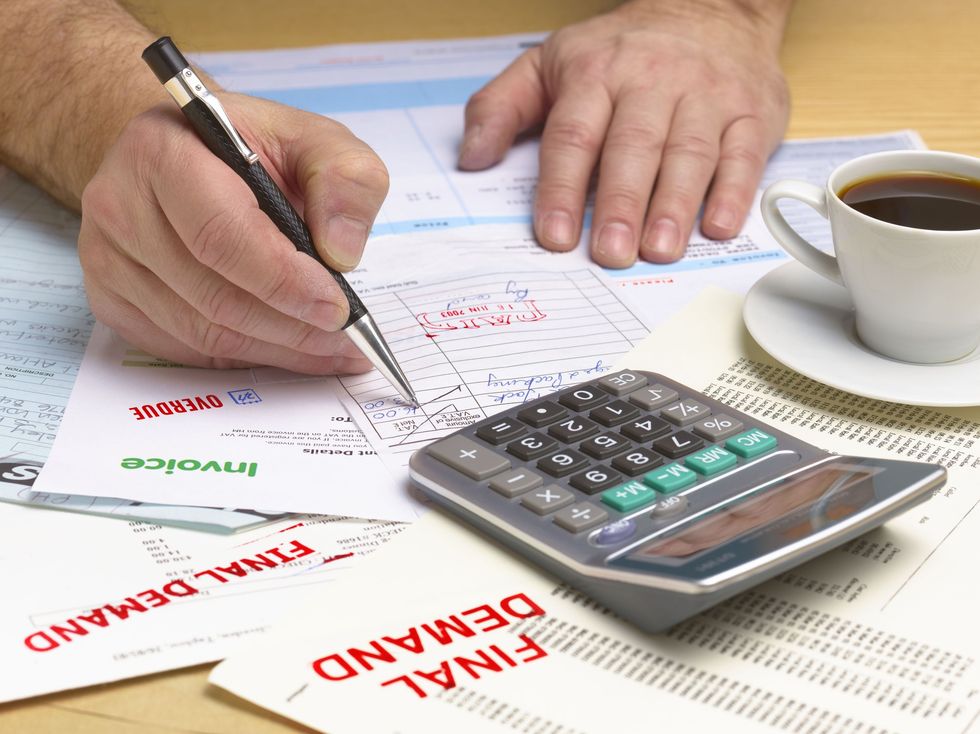The rule change is part of the Government's broader initiative to tackle growing household energy debt
GETTY
The rule change is part of the Government's broader initiative to tackle growing household energy debt and provide more flexible options for consumers
Don't Miss
Most Read
Trending on GB News
Customers of British Gas, E.ON, EDF, and OVO could save an average of £388 annually following Ofgem's new rule change on standing charges.
The energy regulator has announced that suppliers must offer "zero standing charge" tariffs by next winter, alongside their existing rates.
Standing charges, which are fixed daily fees added to energy bills regardless of usage, have risen by 43 per cent since 2019 under Ofgem's price cap.
Currently, households on standard variable tariffs pay an average of 24.5p per unit for electricity with a standing charge of 60.99p per day. For gas, customers pay 6.24p per unit with a daily standing charge of 31.66p.
These standing charges amount to approximately £388 per year for dual fuel households.
However, from January 1, there will be a slight decrease in standing charges to 60.7p per day for electricity and 31.65p per day for gas.
 Energy bills have been a major concern for households GETTY
Energy bills have been a major concern for households GETTY Some suppliers already offer tariffs with low or no standing charges, though these typically come with higher unit rates.
These alternative tariffs sit at least 10 per cent below the price cap and tend to benefit customers who use less energy.
Under the new requirements, energy suppliers must offer zero standing charge tariffs alongside their existing ones by next winter.
The move follows tens of thousands of consumers calling on Ofgem to completely abolish standing charges.
LATEST DEVELOPMENTS:
However, Ofgem decided against a complete removal, noting that those who use high amounts of energy - often for medical and health reasons - would see their bills rise significantly.
These new zero standing charge tariffs will create an alternative for households looking to reduce their energy costs, while preserving existing options for high-energy users.
Tim Jarvis, director general of markets at Ofgem, said: "We know that many households continue to struggle with bills after the events of the energy crisis, which is why earlier this year, we took steps to consider all the issues around affordability and debt – including the impact of the standing charge.
"Many people feel very strongly that standing charges are unfair and prevent them from being able to manage their bills effectively."
Jarvis emphasised the regulator's commitment to consumer choice, stating: "We want to give consumers the ability to make the choice that's right for them without putting any one group of consumers at a disadvantage."
Martin Lewis, the money saving expert criticised standing charges as "a £338-a-year poll tax on energy bills" that discourages lower users from reducing their consumption.
He particularly highlighted how current charges unfairly affect elderly customers who only use gas for winter heating, forcing them to pay standing charges throughout summer.
Lewis suggested the best solution would be reducing standing charges within the price cap, but noted this would require Government support for vulnerable high-energy users.
He called for suppliers to automatically place lower-use customers and those on the Priority Services Register onto the no standing charge tariff, rather than leaving it as an optional choice.







